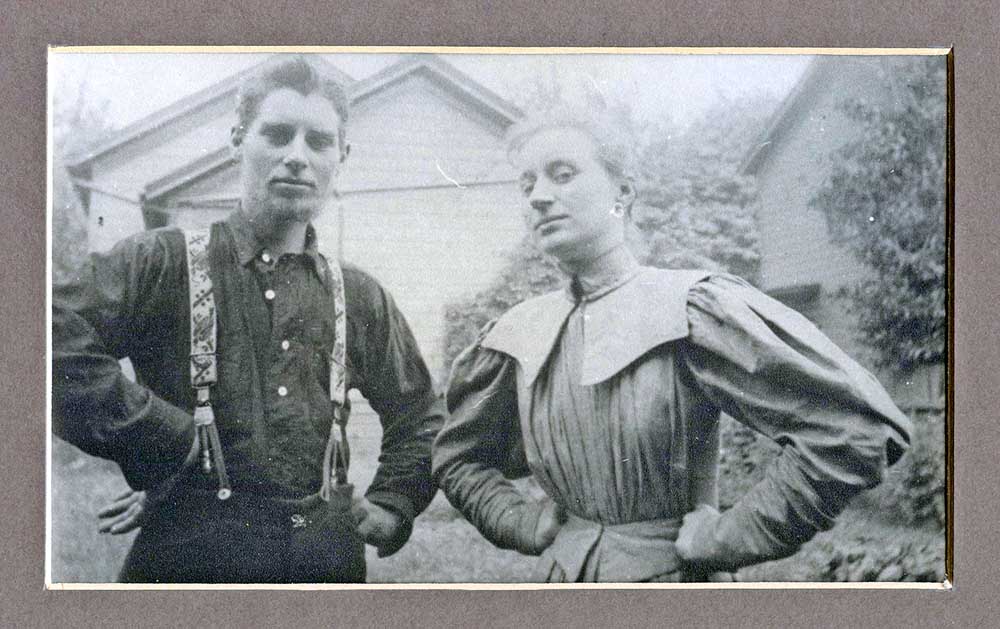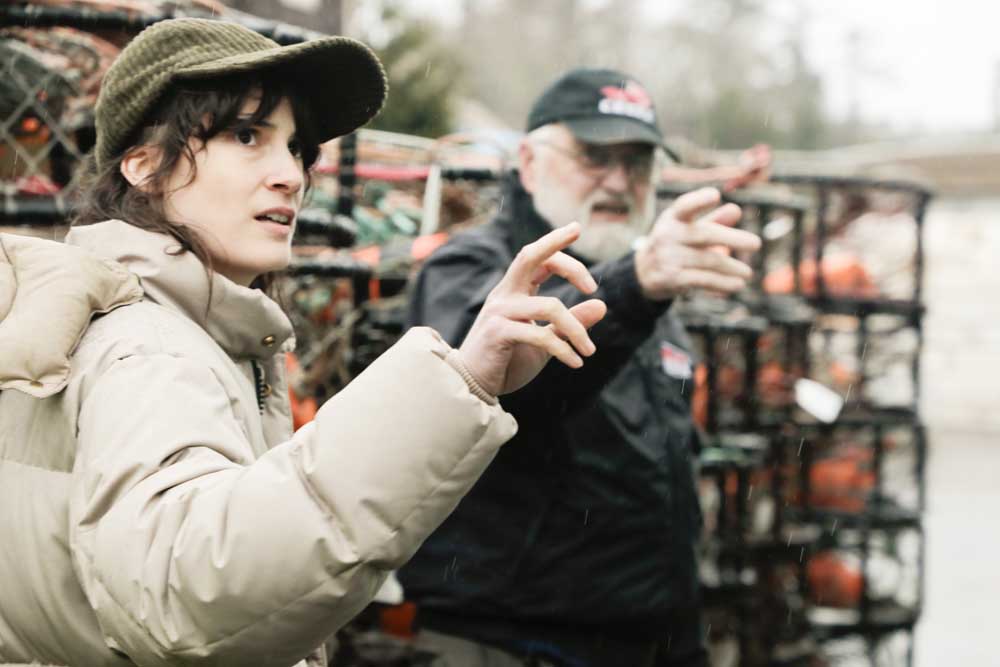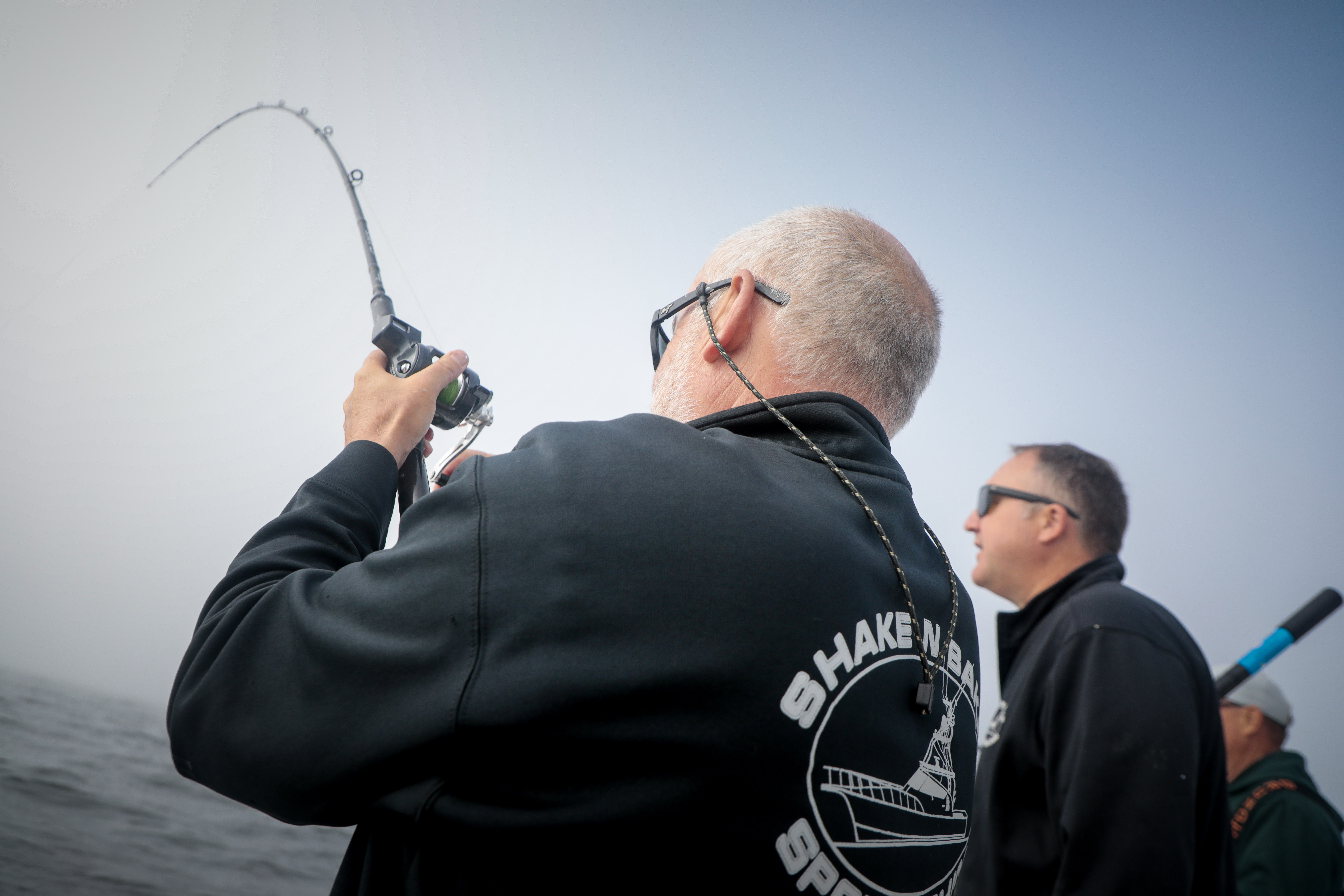Elementary, my dear: Let the storytelling begin! ‘Papa and Aunt Dora’
Published 7:10 am Monday, February 27, 2023

- Papa and Aunt Dora — Harry Albert Espy(1876-1959) and his older sister Dora Jane Espy (1872 –1955) — were best friends and consummate storytellers for all of their long lives.
I think that my love of storytelling — especially stories about local history — came from listening to my grandfather (Papa) and his sister (Aunt Dora) reminisce about their growing-up years here in Oysterville in the 1870s and ‘80s. “I can still hear that stagecoach coming lickety-cut over Davis Hill,” Aunt Dora would say. And Papa would tell about his memories of having to get dressed in a suit (at age four or five) once a week to accompany his mother on her social calls around town.
Trending
By the time I was a child, the Espy family of that generation were about evenly divided between the talkers and the non-talkers. Papa and Aunt Dora were among the former but the stories they told differed considerably. “Papa,” said my mother, “was more concerned with the saints while Aunt Dora was interested in the sinners.” Her stories tended to be a bit on the bawdy side and, as you might expect, those are the ones I remember best. I also was fascinated by her description of the women she most admired. “She’s a fine, double-breasted sort of woman,” Aunt Dora would say. I always wondered what that meant exactly, but I’ve come to believe it is a description that perfectly fit Aunt Dora, herself.
Aunt Dora (Dora Jane Espy Wilson) was born in 1872, the second of R. H. and Julia Espy’s eight children. Hers could have been one of the first weddings (1895) in the newly built Baptist Church (although her nephew Willard thought it had taken place in the family parlor) and the photograph of her wedding supper is one of the treasures of our family. Aunt Dora’s husband was Alexander King Wilson (Uncle King), an attorney from Maryland and the first Democrat in our up-to-then very Republican Espy family.
As a kid I was fascinated with his “non-swear words” when he got frustrated or angry about something. My favorites were “Tarnation!” and “Son of a Sea Cook” and “Devilation!”
Trending
Although I grew up knowing Aunt Dora’s and Uncle King’s children (Robert, Mary and Julia) very well, I missed out on Uncle King. He died in 1918 during his second term as first mayor of Lake Oswego, Oregon. Dora lived until 1955 and never remarried, although my mom hinted that sassy Dora had had several “close relationships” over the years.
I was too young to know about that, but I do remember being impressed that she and a gentleman friend went for their first-time-ever roller coaster ride at Jantzen Beach on Aunt Dora’s 80th birthday. At first, the roller coaster operator refused to let them on because of their age, but apparently Aunt Dora made a “great big noisy fuss” and they managed to have the ride of a lifetime!
Papa (Harry Albert Espy), whose determination and sense of humor matched Aunt Dora’s in all respects, was younger than she by four years, but they were best friends throughout their long lives. Though Papa has studied at the University of California to become a mining engineer, his mother’s death and his father’s failing health drew him back to Oysterville in 1902 — “for a short time, only,” my young grandmother assured her two children, Medora and Albert.
As it turned out, they remained in Oysterville for the rest of their long lives. Papa was a dairy farmer, served in Olympia as State Senator representing Wahkiakum and Pacific counties, was Justice of the Peace for 40 years, Clerk of the Oysterville School Board and loving father to seven children. And, he had a way with words! As a kid I was fascinated with his “non-swear words” when he got frustrated or angry about something. My favorites were “Tarnation!” and “Son of a Sea Cook” and “Devilation!”
By the 1940s, when I was old enough to pay attention, Aunt Dora began spending her summers in Oysterville in the R.H. Espy House where she and her siblings had all been born. She frequently came down the street to dinner — I suspect, now, to help out my grandmother who was, by then, completely blind. It was after we’d eaten that the old folks would gather round the fireplace in the library and the story-telling would begin. It was usually during one of Aunt Dora’s stories that someone would notice me and say, “Little pitchers have big ears!” which was my clue to disappear. But sometimes they would forget… And I remember their words to this day!
Although I didn’t know it then, those stories have influenced me in one way or another throughout my life. Not only did they gently introduce me to the early history of Oysterville and Pacific County, but they gave me an appreciation for people of all sorts. And, once in a while, there was a glimmer that not everyone looked at the world in quite the same way as I did.
Inspired by the ‘characters’ that peopled Papa and Aunt Dora’s stories, I have begun a new book — tentatively titled “Saints or Sinners? The Characters of Early Pacific County.” It’s a bit soon to know, but I think that anything before the present century probably qualifies as “Early” Pacific County. My sources include not only the stories I heard in childhood, but many bits and pieces from publications about our area. One of these stories will run each week in the Observer — as part of this work in progress.
If you have “characters” to suggest, please contact me at sydneyofoysterville@gmail.com and we’ll “talk.”









